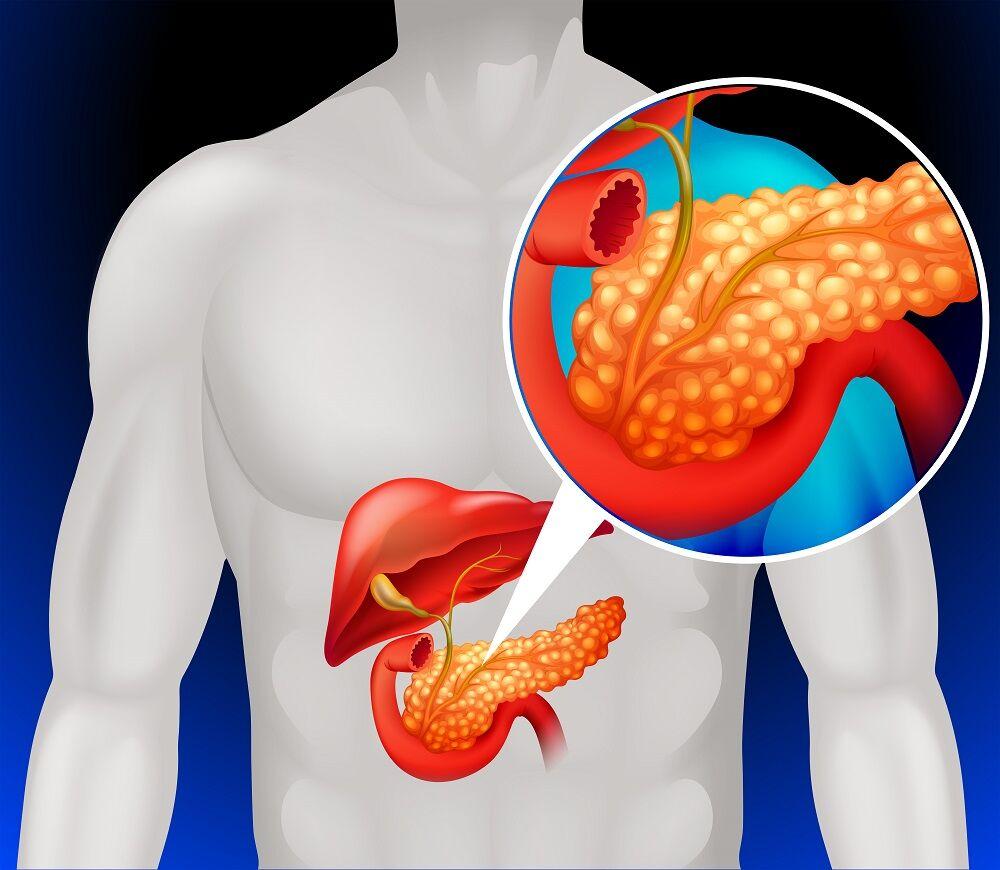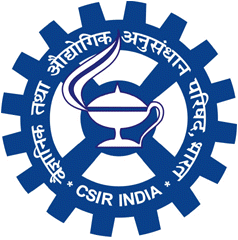Treatments Focus
Cancer Risk Assessment for Pancreatic Cancer

Pancreatic cancer is the form of cancer that starts in your pancreas. During digestion, your pancreas makes pancreatic juices called enzymes that help break down sugars, fats and starches. It also releases hormones that aid in regulating your blood sugar.
There are two kinds of pancreatic cancer based on the type of cell the cancer originates in. They are either the exocrine or neuroendocrine (endocrine) tumors. The type of tumor decides the type of treatment to be designated.
Worldwide pancreatic cancer is rare and ranks 14th in incidence and 7th in mortality; whereas India ranks 24th in its incidence and 18th in mortality of pancreatic cancer.
Recent genome advancements have made it possible for prediction of pancreatic cancers and understanding the risk percentage of pancreatic cancer by analysing individual’s gene make up and family history.
Risk Factors of Pancreatic Cancer
Some of the risk factors are as follows:
- Smoking
- Alcohol consumption
- Chronic pancreatitis (Long-term inflammation of the pancreas)
- Diabetes
- Obesity
- Physical Inactivity
- Age (seen in older people, over the age of 65)
- Gender (men are more likely to get than women)
- Poor diet (more of red and processed meat, saturated fats and sugary drinks are may increase the risk)
- Family history of pancreatic cancer
- Workplace exposure to certain chemicals
- Infections of the stomach (ulcer-causing bacteria Helicobacter pylori)
- Hepatitis B infection
Common genes responsible for Pancreatic Cancer
Some of the genes mainly associated with pancreatic cancer are:
- KRAS2 gene
- p16/CDKN2A gene
- TP53 gene
- SMAD4/DPC4 gene
Assessment of Risk of Pancreatic Cancer
Assessment of cancer risk in individuals with higher risk factors as mentioned above. Some of the tests an individual can take to know the possibility of cancer are:
- Detailed family history
- Personal history
- Possible screening tests include: Tests like endoscopic ultrasound or MRI scan are performed in people who have a family history of pancreatic cancer or a genetic syndrome that increases the risk of cancer.
- Genetic testing to check for gene defects/genetic alterations
Dizziness or lightheadedness, or unsteadiness
Nausea
Vomiting
Headache
FAQ's :
References:
- Pancreatic cancer. Mayo Clinic. https://www.mayoclinic.org/diseases-conditions/pancreatic-cancer/symptoms-causes/syc-20355421 Accessed on 04-06-2022
- Pancreatic cancer. Cleveland Clinic. https://my.clevelandclinic.org/health/diseases/15806-pancreatic-cancer Accessed on 04-06-2022
- What is Pancreatic Cancer? American Cancer Society. https://www.cancer.org/cancer/pancreatic-cancer/about/what-is-pancreatic-cancer.html Accessed on 04-06-2022
- Types of Pancreatic Cancer. Pancreatic Cancer Action Network. https://www.pancan.org/facing-pancreatic-cancer/about-pancreatic-cancer/types-of-pancreatic-cancer/ Accessed on 04-06-2022
- Pancreatic Cancer Risk Factors. American Cancer Society. https://www.cancer.org/cancer/pancreatic-cancer/causes-risks-prevention/risk-factors.html Accessed on 04-06-2022
- An epidemiological review of pancreatic cancer with special reference to India. Indian Journal of Medical Sciences. https://ijmsweb.com/an-epidemiological-review-of-pancreatic-cancer-with-special-reference-to-india/ Accessed on 04-06-2022
Related Articles
Book an Appointment to understand how GenepoweRx can help you in treating
Cancer Risk Assessment for Pancreatic Cancer
Meet The Doctors
Dr Kalyan Uppaluri
Dr Hima Challa
Your genetics … Your Test ... Your Health Success
It’s always the word of mouth that’s the best advice. Here are some of our…


Our Partners






Professional Partnerships
Government Association

